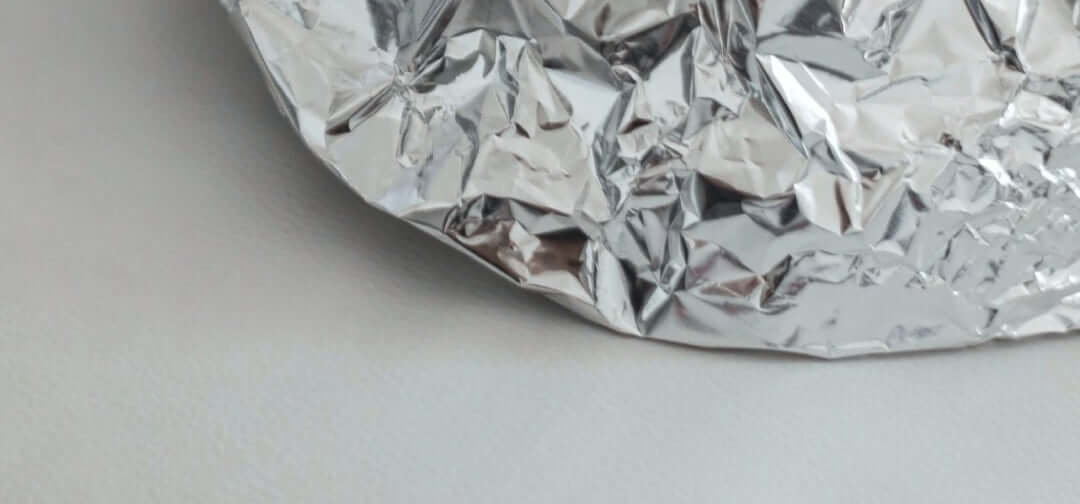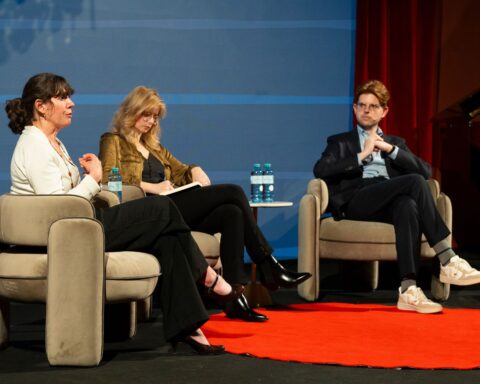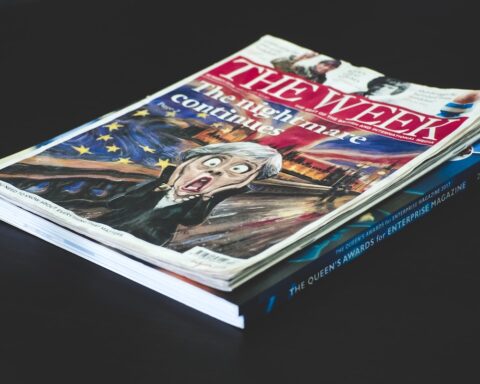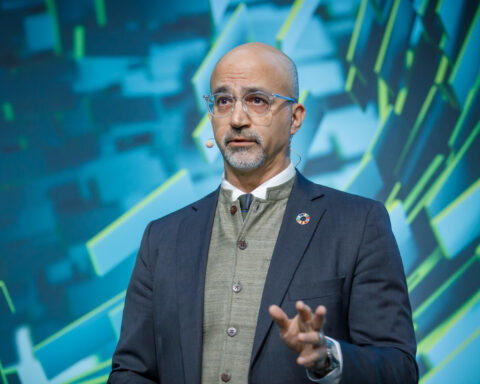Food for Thought was brought to the TEDx audience by the TEDx Vienna teams as a ‘digital dinner table.’ It is a space where professionals tackle topics such as politics, economy and how the professionals make sense of the current pandemic. On the 15th episode of Martin Kusch, a TEDx Vienna speaker Martin Kusch gives us an insight on why science has been challenged during the pandemic, especially by conspiracy theorists. He discusses theories, regarding vaccines, face masks and what the general attitude towards the Covid-19 should be as well as why we all tend to somewhat believe in the conspiracy theories we hear during these times.
Before we go on, let’s remember one of our TEDx Vienna speakers Martin Kusch. Kuscg is a professor of philosophy in the University of Vienna. His 2019 talk Scientific Expertise in the Age of Post-Truth was again about the increasing scepticism about scientific expertise in the contemporary scientific community. He outlines his belief that we should develop a more sophisticated understanding of the relationship between science and politics.
Distrust to science- Why doubt?
It’s important to recognize that distrust of science is as old as the science itself. Modern science, contemporary science scepticism originates from people who challenge science by using science. It’s hard to challenge science without relying on science and the examples can be seen in recent debates on the pandemic in the media as well as the political level. However, this makes it harder for the wider audience to take ‘sides’ in these contradicting scientific arguments. It is a conflict of experts and that makes it hard for the audience to trust the outcome. We have experienced this distrust of some groups in the society towards governments and health organizations throughout the pandemic on different topics.
Conspiracy theories:
Conspiracy theories are ‘explanations’ that are characterised by the certainty of secrecy and ideologies they have rather than the methodology or data collection they might have used. It is a tricky topic, just like science itself, Kusch says. They are effective without much evidence. A good narrative tends to gain more appreciation, compared to a rather more scientific one. Often the scientific explanation is going to sound dull, complicated and less interesting for the broader audience, for the public. That is to say, conspiracy theories do not demand prior advanced knowledge on science. ‘Making sense of the World’ without too much background information and prior knowledge is easier for everyone.
Are some people more prone to believing in conspiracy theories than others?
One can only speculate but it is safe to say that people who are somewhat less educated are prone to find these explanations more plausible. However, it does not mean a scientist cannot fall into such theories, according to Kusch. Most importantly, whether a scientist or just a random person reading a conspiracy theory on a daily news article, if it is in their self-interest, they are more likely to believe in conspiracy theories. Let’s take the example of the face mask. İf we don’t want to wear the face mask, if you believe that it is hard to wear, it decreases the quality of your life etc. it is more likely that you are going to jump into an explanation of face masks not being protective or helpful. At the end of the day, we are susceptible to such notions.
What is more important is to know what we can do to avoid falling into the explanations of such conspiracy theories, how to challenge someone who challenges you with a non-scientific explanation or what the future will hold, with increasing distrust of science regarding the pandemic its vaccinations etc. To learn the answers to all those questions, watch the talk for yourselves and see what Professor Kusch has to say.
Gepostet von TEDxVienna am Mittwoch, 5. August 2020





